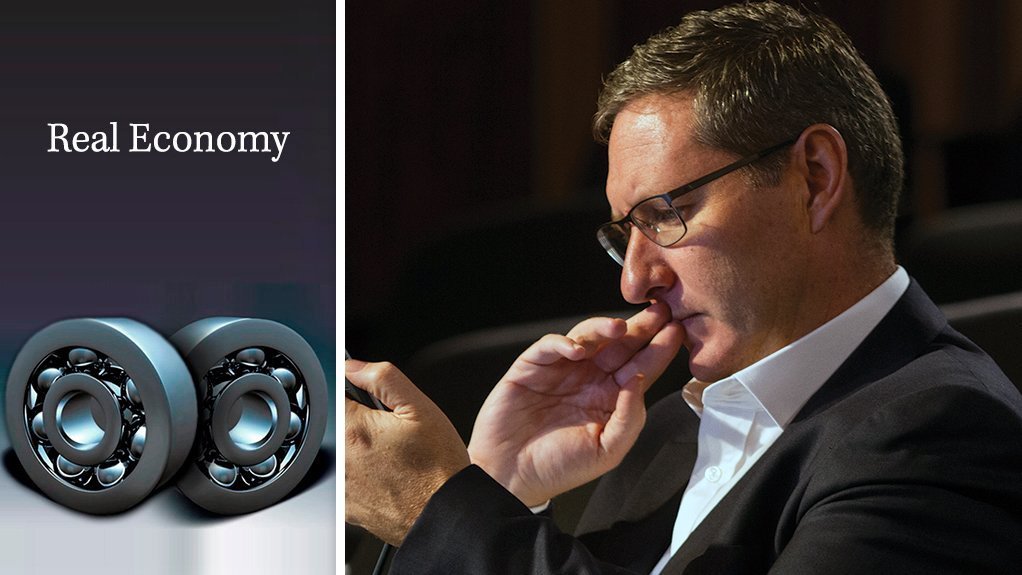“The African Continental Free Trade Agreement (AfCFTA) will be a game changer, both for South Africa and the rest of the continent,” President Cyril Ramaphosa wrote in his October 7 letter to the nation.
African integration, he added, is “overwhelmingly and undeniably in our national interest”, with the opportunity for South African business to trade with, and invest in, the rest of the continent being further fuelled by the fact that the economies of the African continent are collectively growing at a rate that is far faster than pedestrian South Africa. “With our relatively established manufacturing base, our developed road, rail, port and energy infrastructure, and our deep financial markets, South Africa is well placed to make use of the opportunities a free trade area could provide.”
The President’s letter came amid strenuous efforts to mend relations with those countries in Africa whose citizens had borne the brunt of recent violent and xenophobic attacks. The violence, carried out by South African citizens who are frustrated by their own lack of economic progress and who perceive foreign African nationals as a threat to securing jobs and scarce resources, made headlines across the continent and the world.
The violence has seriously undermined the country’s reputation at a time when South Africa is about to assume the chairship of the African Union (AU), which is increasingly seized with the implementation of the AfCFTA. Although the AfCFTA came into force on May 30, after breaching the 22-country-ratification threshold, it will only come into practical effect once all the associated regulations and mechanisms are finalised.
As AU chair, South Africa can play a central role in ensuring progress, making reputational repair all the more pressing. In fact, unless South Africa can re-establish its credentials as a country that fully embraces its fellow Africans, prospects for using intra-African trade liberalisation to help reignite growth will fade.
Likewise, finalising the AfCFTA regulations, establishing the secretariat and formalising the dispute-resolution mechanism are equally necessary, but far from sufficient for achieving the type of integration envisaged in the Abuja Treaty, of 1991. The treaty, which South Africa signed in 1997, remains the touchstone for greater trade liberalisation and economic integration across the continent.
Unlocking the opportunity associated with increasingly frictionless movement of goods and services across a market of over a billion people and economies that have a combined gross domestic product of over $2.5-trillion requires more than a legal text.
Besides political will, without which there can be no progress whatsoever, the other key ingredients include connected physical infrastructure and productive supply chains; supportive human capital with capacity to implement and enforce; and a willingness to progressively allow the AfCFTA to supersede any pre-existing trade arrangements and blocs.
To be effective, the AfCFTA’s rules will have to trump those of regional blocs such as the Southern African Development Community or the East African Community. In addition, disputes must be settled legally, rather than politically.
Only when such conditions are met will Africa reap the full economic rewards of integration. It’s a long journey, but at least the first steps are being taken.
EMAIL THIS ARTICLE SAVE THIS ARTICLE ARTICLE ENQUIRY FEEDBACK
To subscribe email subscriptions@creamermedia.co.za or click here
To advertise email advertising@creamermedia.co.za or click here











